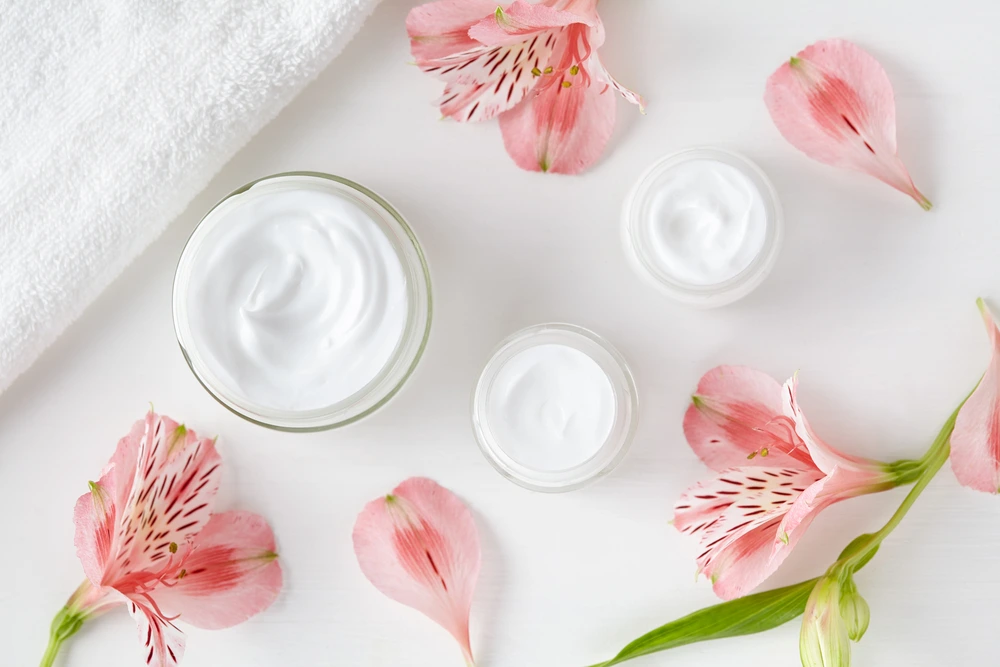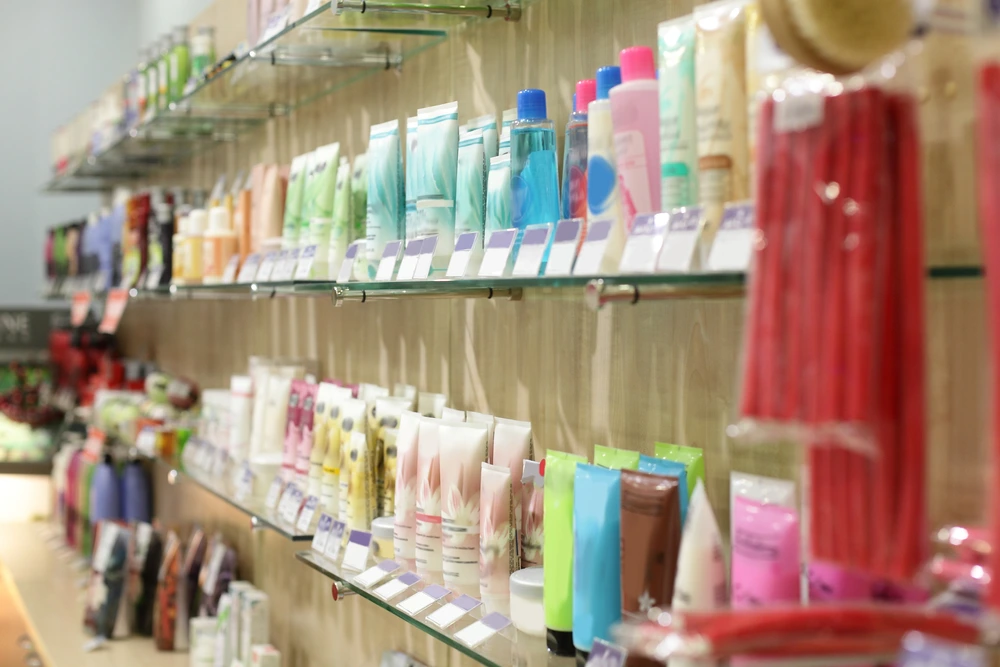Over the past few decades, clean beauty has moved from the corners of the local co-op to the forefront of retail. More consumers care about sustainable, natural beauty products than ever before — and the clean beauty market and product sales have grown even in the face of the COVID-19 pandemic and an economic downturn.
As National Clean Beauty Day approaches on July 15, let’s take a closer look at the trends, stats and projections for the industry. Check out the facts to learn how clean beauty brands are thriving in 2022.
1. The Clean Beauty Market Will Reach $22 Billion by 2024
The clean beauty market is skyrocketing in value with each passing year — with no sign of slowing down anytime soon. According to Statista Research, the global market is expected to reach $22 billion by 2024. Skincare holds the largest share of the market, with haircare and cosmetics following close behind.
Millennials and Gen Z are the main consumer demographic driving the trend, showing more interest in organic and natural beauty products than the average consumer. 43% of consumers in this age group indicated a preference toward natural skincare, compared to 31% of overall consumers in the U.S.
2. 68% of Consumers Seek Out Clean Skincare Brands
About 68% of consumers say they want to buy skincare products made with clean ingredients, according to a recent report by The NPD Group. Many of these shoppers’ decisions are driven by the social media content they consume with 41% of consumers saying Instagram influenced their beauty purchases.
It’s easy to see why the clean beauty trend has taken off, since 35% of consumers say they’re spending more time on skincare while spending time at home during the pandemic. Likewise, consumers are more educated about ingredients and more motivated to make eco-conscience purchasing decisions.
3. Clean Beauty Sales Jumped 33% in the First Half of 2021

The clean beauty market is booming with no signs of slowing down.
Surprisingly, the pandemic gave clean beauty sales a major boost. Sales climbed 33% during the first six months of 2021, reaching a total of $1.6 billion. And though the industry encapsulates hair products and more, skincare and makeup stand out as the real fan-favourites, each growing more than 20% during that period.
So, what’s driving the trend? Research points out that U.S. consumers are thinking more about what’s in their products and how it’s made. A 2021 NielsenIQ survey showed that 40.2% of consumers say natural ingredients are most important when it comes to shopping for beauty products, followed by respect of the environment and reusable packaging.
4. Beautycounter Now Values at $1 Billion
Since its founding in 2013, Beautycounter has been one of the leading brands in the clean beauty industry. Though the company doesn’t disclose its revenue, analysts estimate the company made $341 million in revenue in 2020, and a recent investment from the Carlyle Group that raised its valuation to $1 billion.
Beautycounter is unique in that it’s a DTC company selling products across a wide array of channels, including online, in brick-and-mortar stores and through more than 65,000 consultants. Their $1 billion valuation makes it clear that the clean beauty movement has hit the mainstream economy, and there’s plenty of room for growth.
5. Sephora Carries 80 Clean Beauty Brands
Sephora is one of the world’s most well-known beauty retailers, with 2,500 stores in more than 33 countries. In 2020, the brand generated up to $5.01 billion in retail sales in the U.S. alone. Considering their prestige in the beauty industry as a whole, it’s noteworthy that the retailer now carries 80 clean beauty brands across their skin care, makeup and hair care products.
Some of Sephora’s most popular clean beauty brands include Ilia, Kosas, Lawless, Westman Atelier and more. The brands range from affordable to high-end, catering to clients looking for everyday makeup and full-fledged artistry makeup alike.
6. Paraben-Free Beauty Product Sales Are Growing 80% Faster Than the Overall Market
A recent Nielson study proves that clean ingredients drive growth in the beauty industry. While the beauty and personal care industry as a whole saw sales growth rates of 2% in 2021, clean beauty products saw growth rates of 8.1%.
Products that were free of paraben, sulphates and phthalates saw the highest sales growth rates, while products that were only free from paraben saw lower sales growth. Sales growth was even higher for products that tout environmental benefits (Think: cruelty-free, plastic-free or vegan). And as other clean beauty statistics have shown, younger consumers are driving much of the growth in sustainable beauty.
7. The EU Has Banned 150 Times More Beauty Product Ingredients Than the US
The European Union (EU) has long been ahead of the U.S. in forward-thinking food and drug policies. So it’s no surprise that the EU is pioneering clean beauty legislation, too. To date, the EU has banned 150 times more beauty product ingredients than the U.S. (EU law prohibits the use of 1,328 chemicals, while the U.S. restricts just 11 chemicals.)
The bans affect everything from colourants and preservatives to UV filters and substances allowed in cosmetics. Many of the ingredients are shown to cause genetic mutation, cancer, birth defects and more. These policies are likely to create ripple effects across the globe, as the U.S. and other countries follow suit.

Launch Your Clean Beauty Brand with ESW
Clearly, the rise of the clean beauty industry has only just begun. If you’re a DTC or specialty store ready to market beauty products internationally, ESW can help.
Our DTC and specialty store platform takes enterprise ecommerce from fragmented and costly to streamlined and simple. The next-gen tool allows brands to launch a new brand or improve product lifecycle management using strategic, thoughtful specialty stores, including pre-sale and liquidation. Built for high volume and high performance, ESW’s Enterprise Commerce Cloud delivers enterprise-grade solutions that allow you to sell global and look local. Contact ESW to schedule a demo or learn more today.
